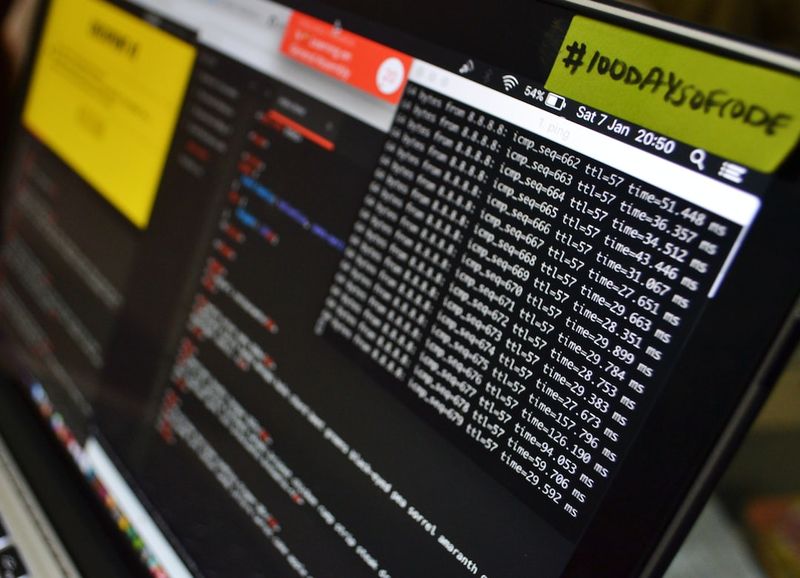Data Protection Commissioner Penalizes Organizations in Kenya for Mishandling Personal Data
Introduction
The Kenyan Data Protection Commissioner recently took decisive action against several organizations for their mishandling of personal data. In doing so, the regulator sent a strong message about the importance of safeguarding individuals’ privacy and enforcing data protection laws. This article will discuss the specific cases and the repercussions faced by the entities involved.
The Penalties
One of the organizations facing penalties is Mulla Pride, a digital credit provider operating the money lending apps KeCredit and Faircash. The data protection commissioner has ordered the company to pay a fine of 2,975,000 Kenyan shillings ($20,114) for collecting names and contact information without obtaining user consent through a third party. This action is a clear violation of sections 62 and 63 of the Data Protection Act 2019, as well as regulations 20 and 21 of the Data Protection (Complaints Handling Procedure and Enforcement) Regulation 2021.
Furthermore, the Office of the Data Protection Commissioner has imposed another penalty of 1,850,000 Kenyan shillings ($12,508) on Casa Vera Lounge, a restaurant that posted customer images on social media without their consent. Such behavior not only infringes upon individuals’ privacy rights but also violates data protection regulations.
Roma School, an educational institution, has received the highest penalty among the three, with a fine of 4,550,000 Kenyan shillings ($30,764). The school was found to have published pictures of children without parental consent. This action raises grave concerns about the protection of minors’ personal information.
Legal Framework
The penalties imposed by the Kenyan Data Protection Commissioner are in accordance with the Data Protection Act 2019. These laws are designed to protect individuals’ personal information and ensure that organizations handle it responsibly and ethically. Section 62 of the act specifically addresses the collection, processing, and storage of personal data, while section 63 provides provisions for consent. Violating these regulations can result in significant financial consequences.
Regulation 20 and 21 of the Data Protection (Complaints Handling Procedure and Enforcement) Regulation 2021 detail the enforcement procedures and penalties for non-compliance. These regulations set the stage for holding organizations accountable for any lapses in data handling. By issuing these penalties, the regulator aims to instill a culture of compliance among organizations operating in Kenya.
Broader Implications
The Kenyan regulator’s actions go beyond mere financial penalties; they serve as a reminder to organizations that they have a crucial role in protecting individuals’ data and privacy rights. In an era where data breaches and privacy violations have become all too common, it is refreshing to see a regulator take proactive measures to enforce data protection laws.
Importance of Data Protection Measures
Data protection is not just a legal matter; it is also a philosophical and moral issue. Individuals should have control over their personal data and the right to decide how it is used. Mishandling personal data can lead to significant harm, including identity theft, financial fraud, and reputational damage. By enforcing data protection laws, the Kenyan Data Protection Commissioner is safeguarding the fundamental rights of individuals and promoting a trustworthy digital ecosystem.
Advice for Organizations
For organizations operating in Kenya, it is essential to prioritize data protection compliance. The penalties imposed by the data protection regulator underscore the repercussions of mishandling personal data. Businesses should take the following steps to ensure compliance:
1. Obtain Consent: Always obtain clear and explicit consent from individuals before collecting and processing their personal data.
2. Implement Robust Security Measures: Implement comprehensive security measures to protect personal data from unauthorized access, loss, or misuse. This includes encryption, firewalls, regular security audits, and employee training on data protection best practices.
3. Regularly Review Data Handling Practices: Conduct regular audits of data handling practices to identify any potential risks or non-compliance issues. Address any shortcomings promptly and make necessary improvements.
4. Develop a Data Protection Policy: Establish a comprehensive data protection policy that outlines the organization’s commitment to privacy and sets clear guidelines for data handling procedures.
Conclusion
The Kenyan Data Protection Commissioner’s penalties against Mulla Pride, Casa Vera Lounge, and Roma School demonstrate the regulatory body’s commitment to enforcing data protection laws. The fines imposed on these organizations should serve as a wake-up call for businesses operating in Kenya to prioritize privacy and data protection. Safeguarding personal data is not only a legal requirement but also a moral obligation that organizations must fulfill to ensure individuals’ trust in the digital world.

<< photo by ASR Design Studio >>
The image is for illustrative purposes only and does not depict the actual situation.
You might want to read !
- Unmasking the Okta Cross-Tenant Impersonation Attacks: A Deep Dive
- The Rise of GPU Side-Channel Attacks: Uncovering a New Vulnerability
- The Security Threat Outlook: Unraveling the Hackers’ Tactic of Fake AV Scans
- Misconfigured TeslaMate Instances: A Security Threat to Tesla Car Owners
- macOS 14 Sonoma: Addressing Vulnerabilities in the Apple Ecosystem
- Can the Government Safeguard Open Source Software or Will It Cause Chaos?
- Financial Firms Hit by MOVEit Cyberattacks Navigate Legal Battle
- Cyemptive Technologies: Driving Cybersecurity Expansion in the Middle East and the Americas
- Uncovering the Hidden World: HD Moore’s Discovery Expedition
- Exploring the Imperative of Multifactor Authentication in Cyber Insurance: Delinea Secret Server Steps Up
- China’s Digital Empowerment Strategy in Africa: Unraveling the Complexities of Offensive Cyber Operations
- Investing in Africa’s Cybersecurity Talent for Global Security
- Unveiling the African Cybercrime Network: Law Enforcement Takes Down Operations




